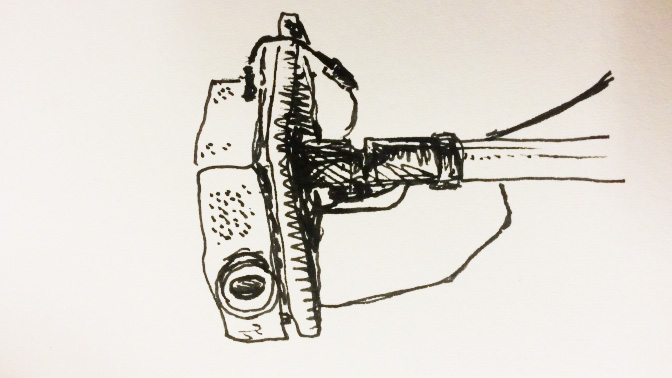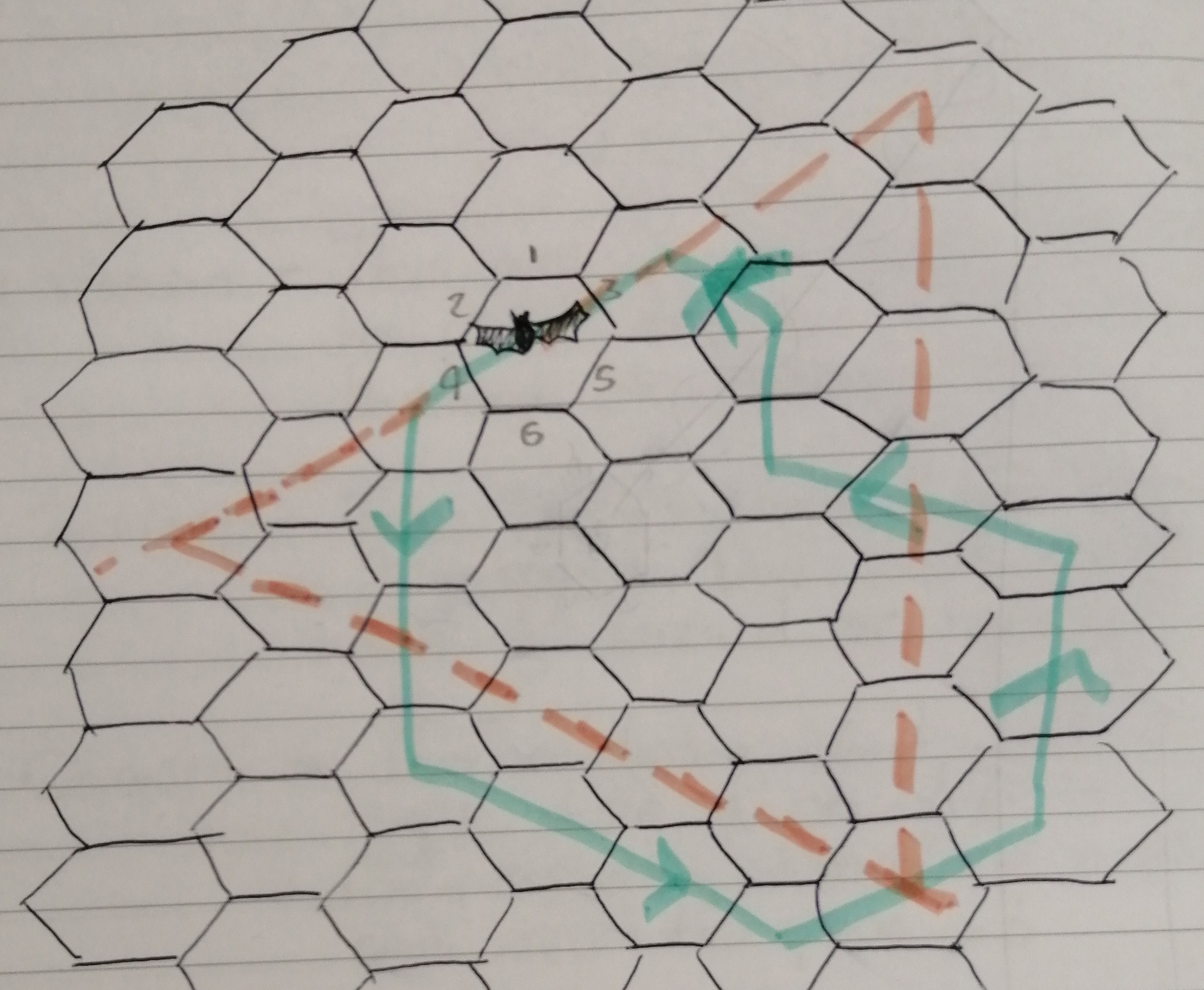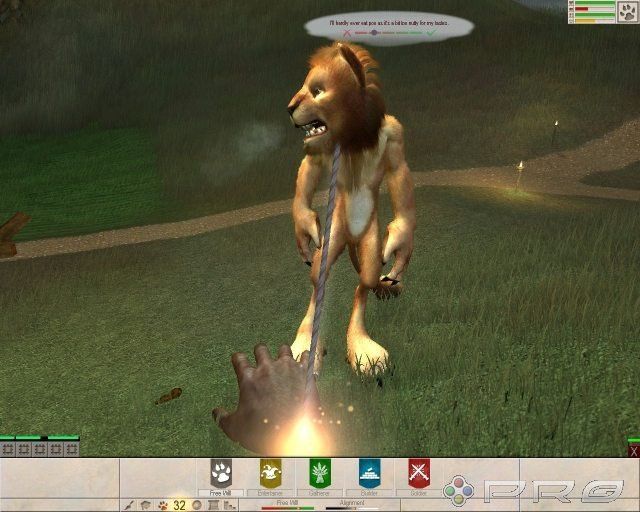The term ethology originates in the study of animal behaviour, the affects and capacities of animals and their environment. Gilles Deleuze (1992), with his rejection of ontological distinctions between animal and human bodies (and parts of bodies) as well as between the artificial and the natural, extends ethology to studies,
Which define bodies, animals or humans by the affects they are capable of … Ethology is first of all the study of the relations of speed and slowness, of the capacities for affecting and being affected that characterize each thing. For each thing these relations and capacities have an amplitude, thresholds (maximum and minimum) and variations or transformations that are peculiar to them. And they select, in the world or in Nature, that which corresponds to the thing; that is, they select what affects or is affected by the thing, what moves or is moved by it . . . an animal, a thing, is never separable from its relations with the world . . . The speed or slowness of metabolisms, perceptions, actions and reactions link together to constitute a particular individual in the world (627‐628).
Gilles Deleuze 1992,’Ethology: Spinoza and us’. In J. Crary & S. Kwinter (Eds.), Zone 6: Incorporations (pp. 625‐633). New York: Zone Books.



